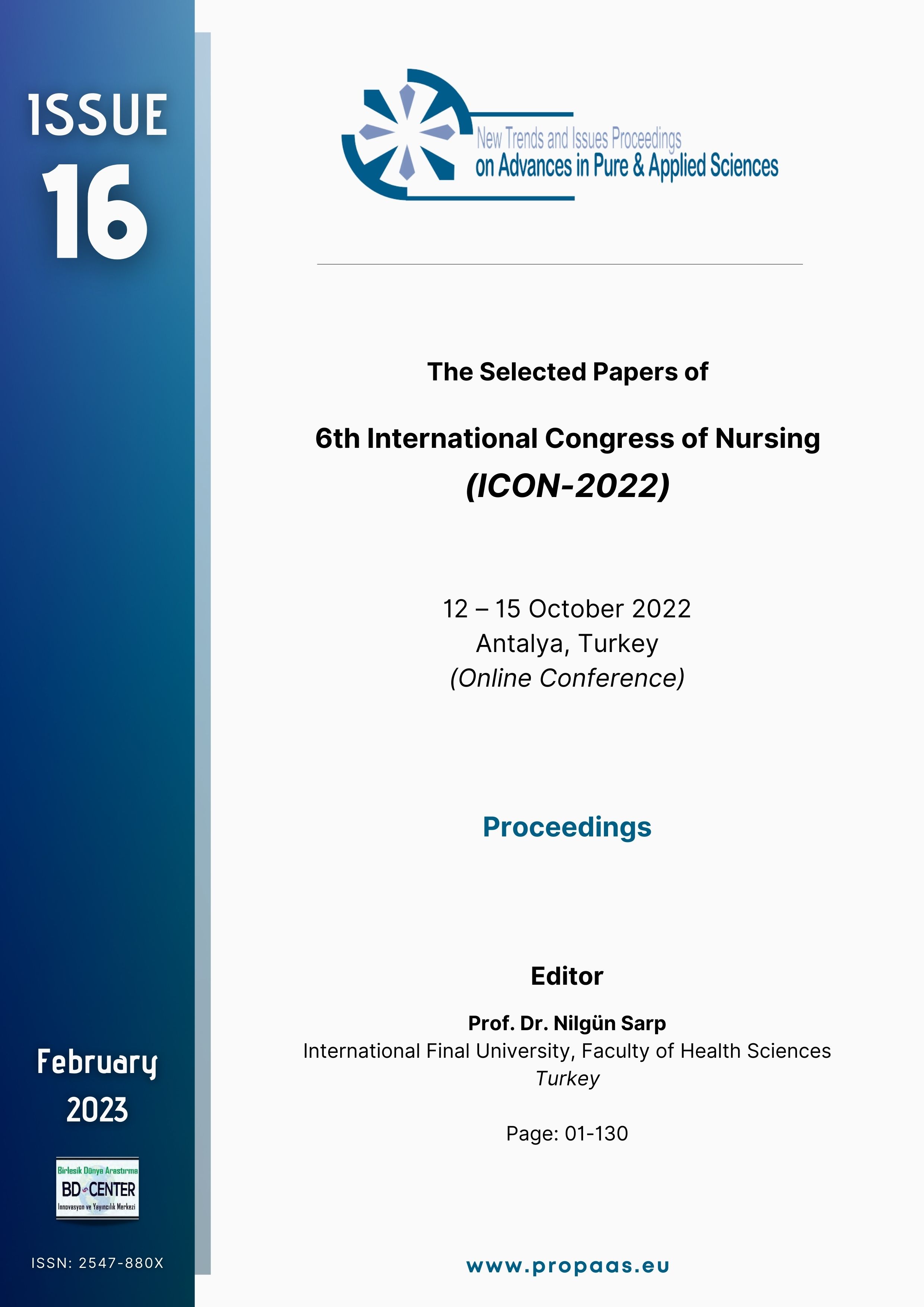Factors related to organizational silence in nurses working in a university hospital
Main Article Content
Abstract
Organizational silence is a situation in which employees consciously do not share their concerns and opinions about organizational problems with the management team and keep these problems to themselves. The researchers conducted this study to determine the factors related to organizational silence in nurses working in a university hospital. The researchers carried out the study with 219 nurses working in a university hospital and willing to take part. In the study, the researchers collected the data using an 18-question survey that determined the professional characteristics of nurses and the Organizational Silence Scale developed by Çakıcı. For data analysis, the researchers used percentage calculation, the Kruskal-Wallis test, and the Mann-Whitney U test. The researchers found that the nurses obtained the highest score from the Organizational Silence Scale “Ethics and Responsibilities” subscale in the “Subjects which Employees Remain Silent about” part. In line with the findings, the researchers recommended that the organizational silence status of nurses be evaluated periodically.
Keywords: Nursing; organizational silence; workplace environment.
Downloads
Article Details
- Authors retain copyright and grant the journal right of first publication with the work simultaneously licensed under a Creative Commons Attribution License that allows others to share the work with an acknowledgement of the work's authorship and initial publication in this journal.
- Authors are able to enter into separate, additional contractual arrangements for the non-exclusive distribution of the journal's published version of the work (e.g., post it to an institutional repository or publish it in a book), with an acknowledgement of its initial publication in this journal.
- Authors are permitted and encouraged to post their work online (e.g., in institutional repositories or on their website) prior to and during the submission process, as it can lead to productive exchanges, as well as earlier and greater citation of published work (See The Effect of Open Access).
